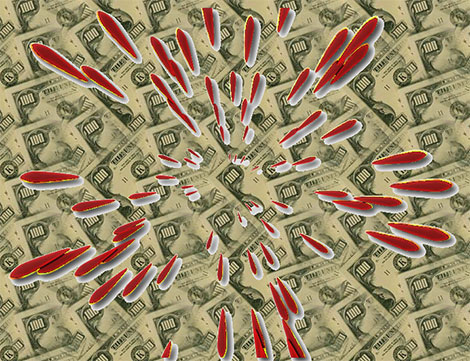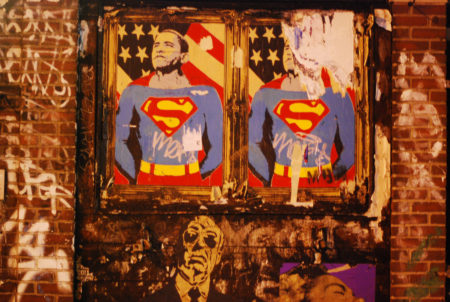
This article was originally published by World Affairs in July 2016.
It is widely understood that corruption is a pervasive problem in many societies and undermines public confidence in the political system and government institutions. The scourge of corruption is generally viewed as a symptom of a larger problem of the failure of judicial, media, and other institutions of accountability in new or developing democracies. In kleptocracies, which is the term used to designate “government by thieves,” corruption is the lifeblood of the system and therefore the heart of the problem.
Karen Dawisha, the author of Putin’s Kleptocracy and one of the foremost experts on this issue, makes the observation that “in kleptocracies risk is nationalized and rewards are privatized.” Participation in the spoils of kleptocracy is organized and controlled by top political elites, who raid state resources with immunity and impunity. Whistleblowers, investigative journalists, and others who seek to expose corrupt practices become targets of law enforcement and are treated as enemies of the state.

